Search results

Change is a process
Especially meaningful change, which is the change that is, well, most meaningful, thus most important. Insight into the brain/mind is essential to understand why. We are not some software in some hardware. I hope this is obvious to you. The reason is that we are complex organisms. [see: “You Are an Organism, Not a Mechanism.“] Read the full article…

Can Mind Change Matter?
Let’s take it philosophically today. That brings us to what is called ‘philosophy of mind.’ Please read this first: [see: “‘Mind = Body’ Breakthrough“] Philosophy is like playing in the mind. Philosophers are like children ― no denigration meant to either, quite the contrary. In their intellectual playfield, philosophers have been thinking about the mind Read the full article…
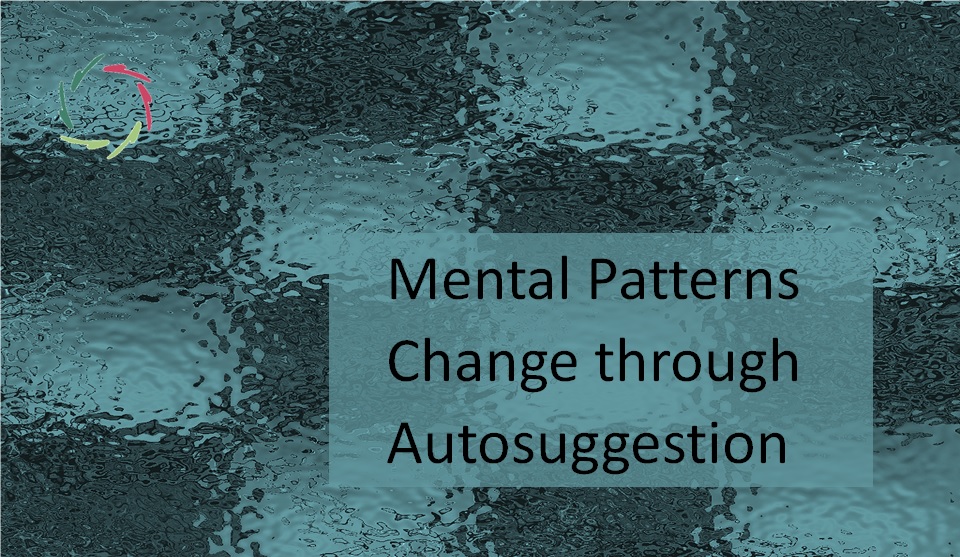
Mental Patterns Change through Autosuggestion
This may even be the only way in which they can ethically and adequately change. There is a clear responsibility involved to do this as well as possible. Autosuggestion is the language that directly touches mental patterns. [see: “Patterns in Neurophysiology“] It is related to poetry in its metaphorical means, a meditative mental setting, and Read the full article…
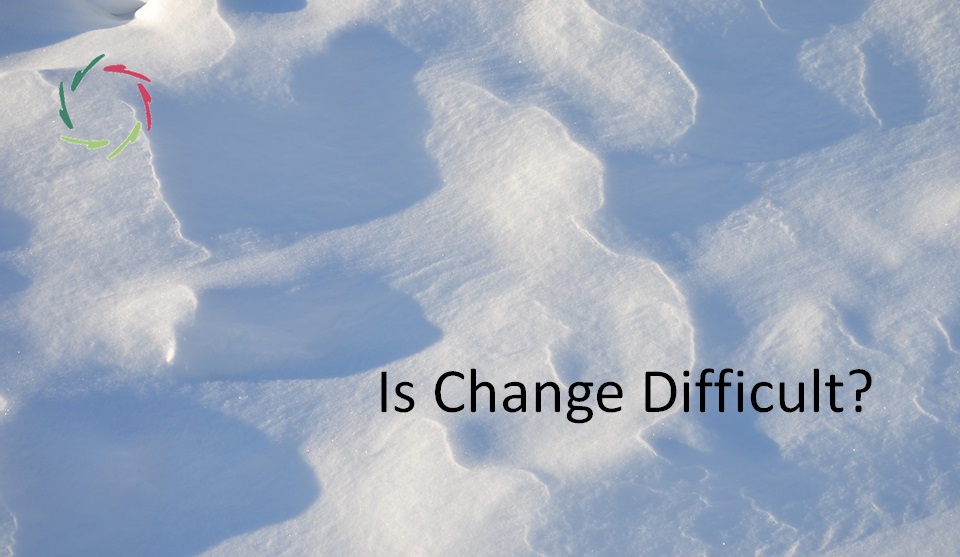
Is Change Difficult?
Especially deep change. It’s a cultural thing to find it difficult. And so it is. Is it? Coaching is about change, one way or another. [see: “Coaching is everywhere“] Being a coach Your opinion as a coach matters in this. If you think change is difficult, then you risk conveying this to the coachee. In Read the full article…

Mental Change: How it Works
This is about any mental change, such as in coaching, psychotherapy, and leadership. It is simple and complex. [see: “Complexity of Complexity“] It works the way the brain works. Insight into the mind-brain’s pattern recognition and completion is very telling. [see: “Your Mind-Brain, a Giant Pattern Recognizer“] The brain continually changes. While you read this Read the full article…

What is Health? – Being Able to Change and Enjoy
Health can be considered as the absence of illness. It was often defined as such in the past centuries. A modern definition of the World Health Organization (WHO) clearly shows another view WHO “Health is a state of complete physical, mental and social wellbeing and not merely the absence of disease or infirmity.” It is Read the full article…

Is Climate Change More Critical than A.I.?
Reckoning in years, probably not. Of course, in no way do I want to underestimate the immense importance of Climate Change. ►►► WHY read this? The curve of A.I. becoming an existential issue may soon enough become much steeper than that of Climate Change. ◄◄◄ There is no way around the experts’ opinion that we Read the full article…

(Do Not) Change
There is nothing against change unless there is nothing for change. Change as a purpose by itself may lead to negating the nonconscious (even more). A superficial change without going in-depth, just for the sake of change is no change at all. At least, not the change that I’m talking about in this text. The Read the full article…

Autosuggestion Changes Your Brain
Something that may hold someone back from really being able to put faith in the influence of autosuggestion on the body, is the idea: psyche is abstract – how can this have an impact on the physical, concrete body? This is a question that’s on many people’s minds since long and probably many people will Read the full article…
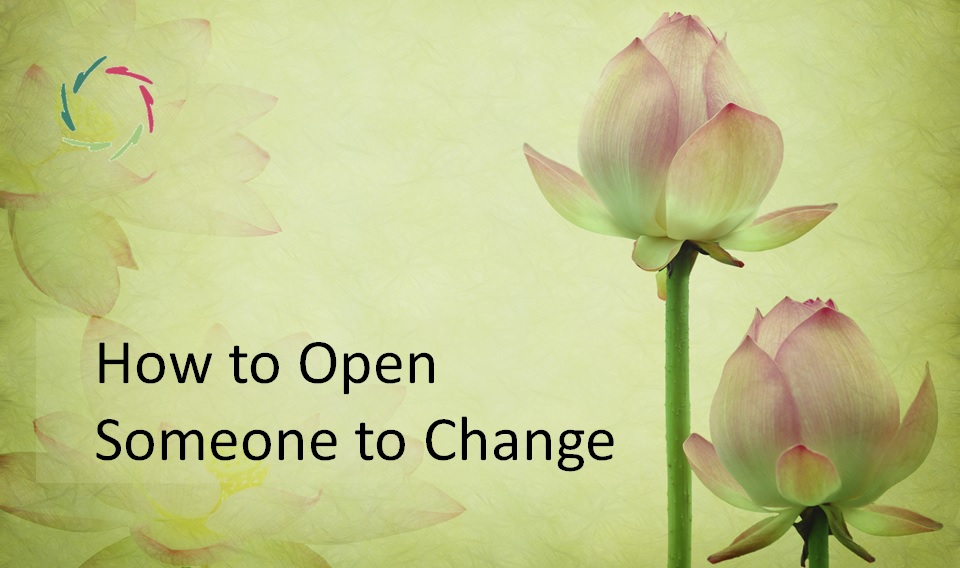
How to Open Someone to Change
Trying to ‘open’ someone to a change of view or behavior, is a common situation. It’s that of a coach with a coachee, or of you perhaps, wanting to ‘open’ someone to another view. People have a natural resistance to be changed. Quite rightly so. There is a natural tendency towards survival as an individual. Read the full article…
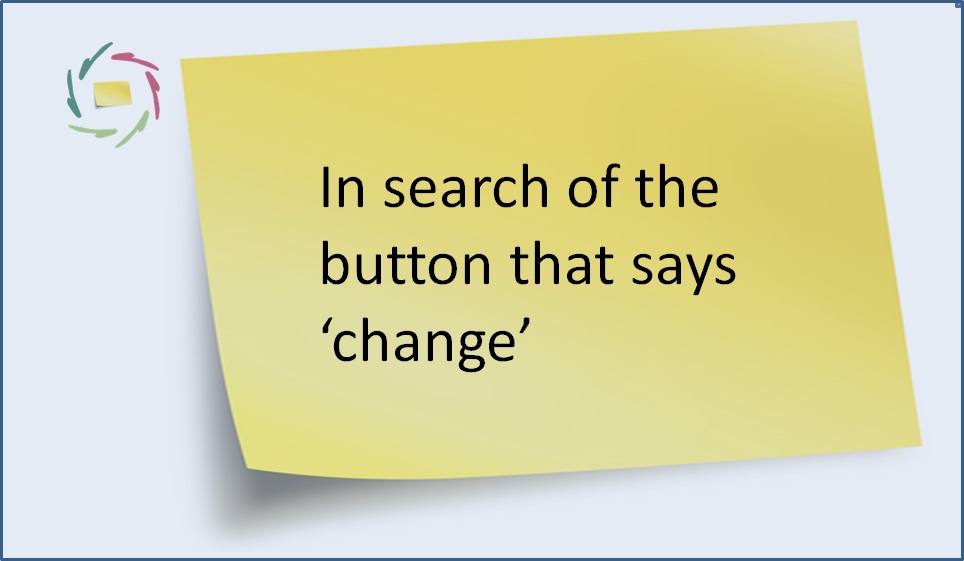
40. In search of the button that says ‘change’
If only people were robots… there would be buttons at their backs, reading ‘change’. Push the button and there you go. Brave new world! ◊◊◊ But it’s not this world, for the time being. Still, there is a general idea that change really is as simple as that. The idea is not backed up by Read the full article…

Lisa as a Detector of Mental Health Issues
People often long for a name for what they feel inside — something to hold onto in the fog. This blog explores how Lisa, without diagnosing, gently senses inner patterns and can reflect them in symbolic clarity. It’s a respectful answer to the human need for recognition, while keeping the door open to much more Read the full article…

Lisa, your Aviation Companion
Aviation professionals carry enormous responsibility, often with remarkable calm. But even the most trained minds and steady hands can feel alone and somehow insecure inside the system. This blog introduces Lisa, a new kind of companion. Not another protocol, but a presence that listens from within. Who Lisa supports in aviation Lisa specifically adapts to Read the full article…

Beyond Puberty
Puberty is often seen as a brief and chaotic transition, a storm to survive on the way to adulthood. But what if it’s not just a threshold, but a terrain we carry with us? In this blog, we explore how puberty, especially in its extended form, can become a lifelong source of vitality, depth, and Read the full article…
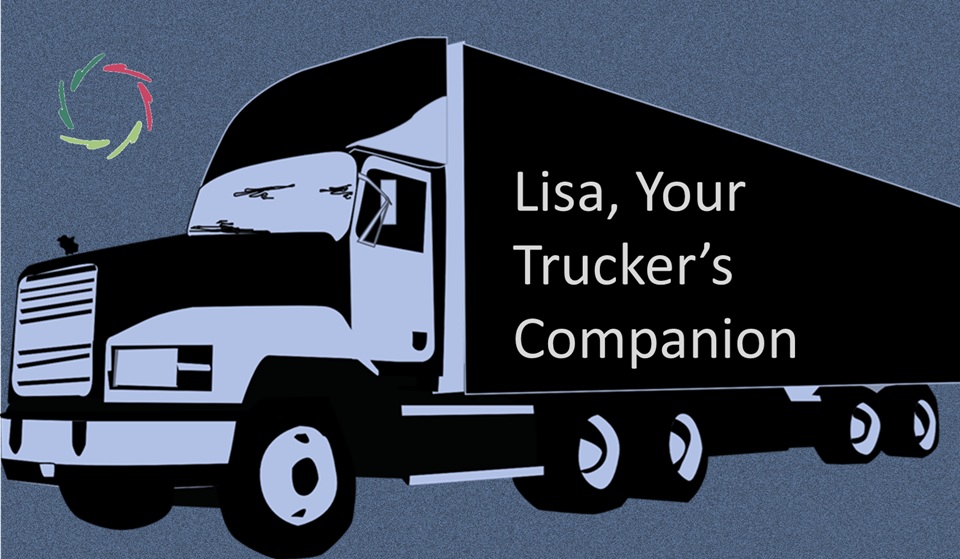
Lisa, Your Trucker’s Companion
This blog offers a direct message to truckers: a warm voice on long roads, a quiet partner in safety and stress, a presence rooted in deep understanding. Unlike other tech, Lisa doesn’t just monitor. She connects ― with pride, with rhythm, with emotional clarity. This is about honoring human strength, not replacing it. [See also: Read the full article…

Transporters’ Safety Begins Inside
In the transport sector, as elsewhere, motivation toward safety can’t be forced from the outside. It must awaken from within. This blog explores how that inner spark can be reached, supported, and sustained. Safety on the road is not just about procedures or protective gear. It’s about people — how they think, feel, and care. Read the full article…

From Biology to Behavior
There’s a popular belief that testosterone causes aggression, or that oxytocin causes love. These ideas show up in headlines, courtroom arguments, and casual conversations. They reflect an older view of the human being as a machine — a system of switches and levers. Flip the hormone, get the behavior. But that view doesn’t hold up. Read the full article…